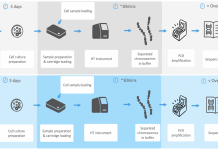Open Access Government produces compelling and informative news, publications, eBooks, and academic research articles for the public and private sector looking at health, diseases & conditions, workplace, research & innovation, digital transformation, government policy, environment, agriculture, energy, transport and more.
Home 2025
Archives
The microbiome in early life: Setting the stage for optimal early life health in...
Researchers at the University of South Florida Microbiomes Institute are exploring exciting new areas in microbiome research; here, they discuss the essential role that the microbiome plays in early life health.
Rethinking urban greenery: A nature-based approach to biodiversity management
This article examines the urbanLIFEcircles project as an example for integrating biodiversity management into urban planning through nature-based solutions.
The role of brewing in the emerging circular economy: A case study
Freddie Ugo from Beyond Belief Brewing Co. discusses the role of brewing in the emerging circular economy by presenting a case study.
Unleashing the potential of biology in mining and enhanced rock weathering by bridging the...
Martin Van Den Berghe, CEO of Cytochrome, along with Jayme Feyhl-Buska and Paul Reginato of Homeworld Collective, explore the potential of biology in mining and enhanced rock weathering by bridging the gap between academia and industry.
Microalgae as a novel, non-animal source of long-chain omega-3 fatty acids and vitamin D
Charlotte Jacobsen and Emil Gundersen from the National Food Institute at the Technical University of Denmark emphasize the need for new plant-based sources of omega-3 fatty acids and vitamin D3, highlighting microalgae as a promising option and discussing the challenges in harnessing it.
Microbial contamination: How water activity stops costly food recalls
Microbial contamination can lead to recalls and financial losses for food manufacturers. Novasina AG emphasizes the key difference between moisture content, which measures water volume, and water activity, which indicates the energy status of water and is crucial for assessing microbial growth.
Microbially-assisted phytoremediation of cadmium
Arpita Bose, PhD, Associate Professor and Nida Zainab, PhD Researcher at Washington University in St. Louis, guide us through the process of microbially-assisted phytoremediation of cadmium.
AI-driven innovations in GPCR ligand synthesis for treating inflammatory diseases
This article explores the significance of G Protein-Coupled Receptors (GPCRs) in therapeutic drug development and strategies for advancing GPCR-targeted therapies, including the use of agonists, antagonists, biased agonism, and allosteric modulators.
Electrified (electro)catalyst production and recycling for sustainable catalyst-based chemical industries
Savitha Thayumanasundaram, Research and Development Scientist at the Flemish Institute for Technological Research (VITO) & Project Coordinator of the FIREFLY consortium, explains electrified (electro)catalyst production and recycling for sustainable catalyst-based chemical industries.
Microbiomes should be incorporated into The One Health Joint Plan of Action
The One Health Joint Plan of Action was created by major international organizations to tackle global health issues related to human, animal, plant, and environmental health. This article emphasizes the importance of integrating microbiomes into this framework to enhance health systems and prevention strategies.
Programmable iontronic neural networks
Guo-Xing Miao, Professor at the University of Waterloo, guides us through programmable iontronic neural networks.
Amphibole asbestos as a public health risk in 2025: Autoimmune disease
Despite efforts to minimize exposure, deaths from asbestos-related diseases remain high. A recent review emphasized the importance of evaluating different mineral groups and pointed out that exposure to amphibole asbestos is linked to higher rates of autoimmune diseases. Jean C. Pfau and Brenda J. Buck discuss the urgent need to address this public health risk more effectively.
The influence of rock type on conifer species’ nutrition and biomass partitioning
Mark Kimsey, Director of the Intermountain Forestry Cooperative, explains the influence of rock type on conifer species’ nutrition and biomass partitioning.
Bioinformatics into TB surveillance: A new approach to an ancient foe
David Ussery, a Professor in the Department of BioMedical Informatics at UAMS, and his Ph.D. student Brian Delavan discuss bioinformatics into TB surveillance, presenting a new approach to tackling this ancient foe.
Understanding the link between PICC and myopic complications
Dr Adèle Ehongo discusses the pathogenesis of peripapillary intra-choroidal cavitation and its implications for myopic complications.
Does surface tension above boiling temperature still exist?
It remains unclear whether boiling metal surfaces can still show surface tension, says Prof Dr-Ing. Jörg Volpp, Associate Professor at University West, Trollhättan in Sweden.
Predicting cancer risk with computational biology
Andrew Teschendorff, Professor at the Chinese Academy of Sciences, is developing computational systems-biological tools to identify cells at risk of turning cancerous.
The microbiome and aging: Unlocking new frontiers in healthy longevity
Research conducted by the USF Microbiomes Institute and the MiaGB Consortium is uncovering the significant link between microbial communities and host biology. This understanding could lead to new therapies for age-related conditions. Shalini Jain, Christian Brechot, and Hariom Yadav provide further insights.
New strategies for an old problem – Oral vaccines research
Despite their advantages, oral vaccines encounter several challenges. Professor Elizabeth Norton from Tulane University discusses how her team is addressing these issues and their research on developing and testing dmLT and saponin combination adjuvants.
Single chromosome sequencing to obtain genetic phase (haplotyping)
Brian Tait, Chief Scientific Officer at Haplomic Technologies Pty Ltd, examines single chromosome sequencing to obtain genetic phase (haplotyping).

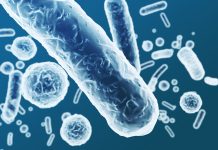
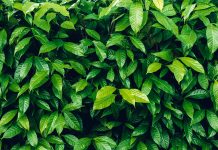
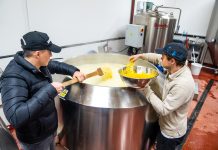

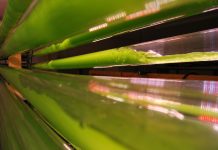
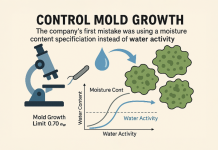
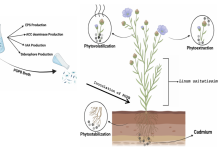
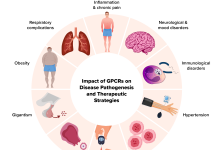

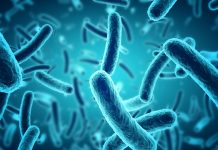
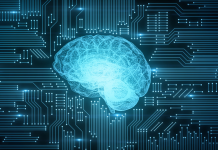
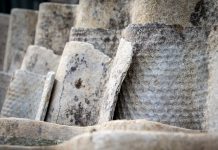
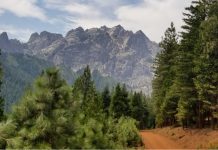
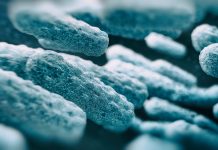

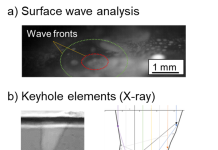
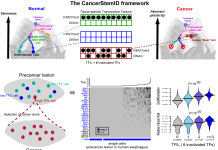

![New strategies for an old problem – Oral vaccines research Figure 1. Systemic immune responses elicited by oral dmLT-saponin combinations compared to injected vaccines (A) Cryo-electron microscopy (cryo-EM) image of the dmLT and saponin formulation demonstrating the formation of acid-stable micelle particles upon the addition of saponin to dmLT. (B) Preclinical evaluation of systemic serum IgG and IgA antibody responses following prime/boost vaccination. Antibody levels against the microbial protein antigen included in the vaccination were assessed two weeks post-final vaccination in immunized mice. Groups were stratified by vaccination route (intramuscular [IM] or sublingual [SL]) and adjuvant formulation (dmLT [D] and/or saponin [S]). Comparisons with unvaccinated controls (white bars) are shown. Statistical significance between groups is indicated (*P < 0.05), with the SL D+S group achieving the best IgG and IgA responses to vaccine antigen.](https://www.openaccessgovernment.org/wp-content/uploads/2025/01/Figure-01-218x150.jpg)
